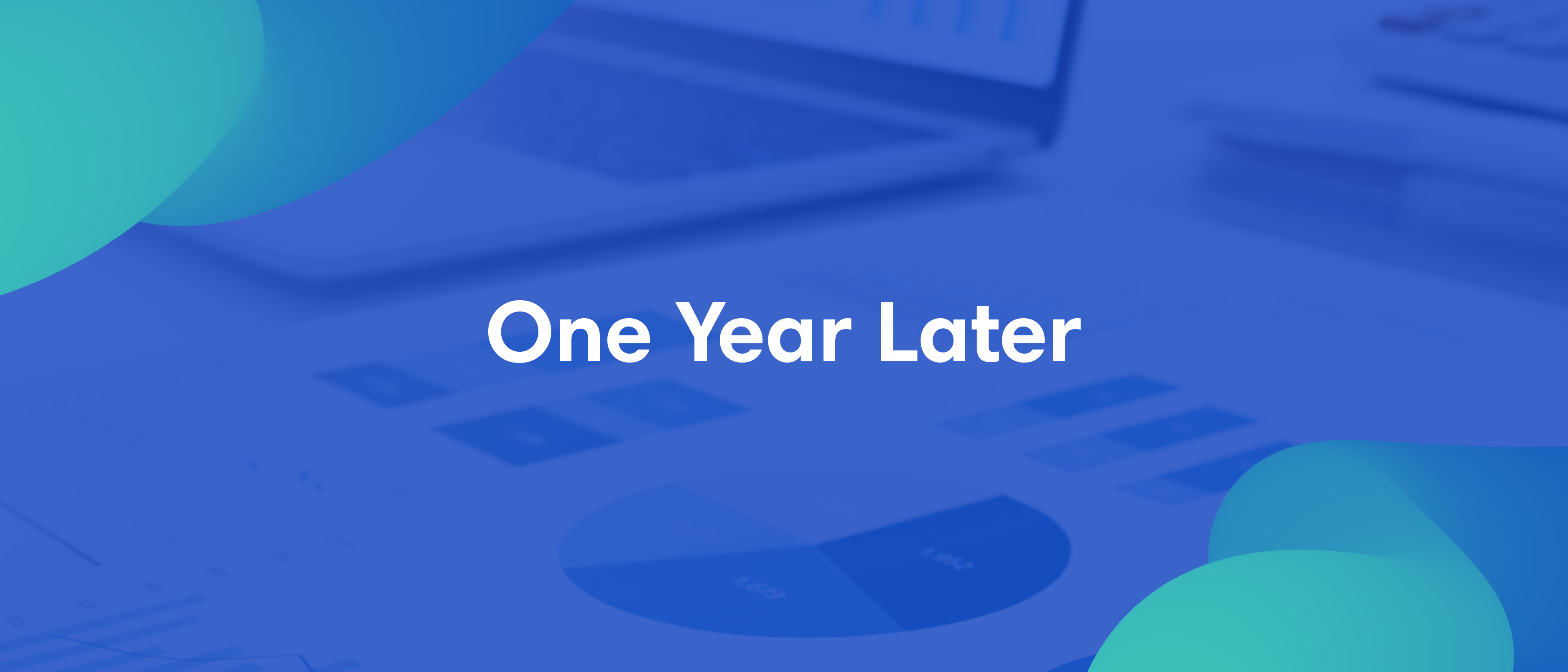How Opioid Use, Addiction, and Recovery Affect Women

Over 50 years after Nixon declared a war on drugs, the United States still grapples with an ever-increasing opioid epidemic. While drug addictions seem to be no respecters of persons, opioid addictions tend to have a certain victim in mind. Drug addictions are stereotypically thought of as something that men largely deal with, but opioids seem to disproportionately affect women.
It’s important to understand the effects and nuances of this epidemic, especially on women.
How It Starts
Opioid addictions can start in different ways, but two of the most common ways are either being legally prescribed painkillers for chronic pain or post-surgery or being given someone else’s prescribed medication for your own pain. Opioids themselves are highly addictive as they trigger the release of endorphins in your body, which is something that often happens naturally when your body is trying to reduce the pain you experience.
What often happens is when a patient experiences that high of no pain and endorphins running through their bodies, it’s hard to stop taking those drugs to relieve their symptoms. Some people even self-medicate when they feel any physical pain or for mental health disorders. It’s okay to take prescribed opioids for two to three days, but if taken more than five days in a row, the risk of becoming addicted increases exponentially.
Women particularly are prescribed opioids in greater and more frequent quantities than their male counterparts, and there may be a couple of reasons for this.
First, studies have shown that women have more chronic pain than men and are therefore prescribed painkillers more often. Because of this extra pain, women are not only given painkillers more often, but doctors give them more freely and in larger quantities.
Second, women are also more likely to encounter opioid drugs from things like childbirth (opioids are often prescribed with C-sections or if any tearing happened) or from hysterectomies later in life.
Women’s reproductive health is another factor in opioid exposure, but the chances that a woman will be prescribed opioids increases after age 61. When women overdose, it’s often with an active opioid prescription, with the highest number of overdoses happening in women between the ages of 55-64.

Addiction
An addiction to opioids can happen fast and without the patient really knowing what is happening. A patient can simply be looking for pain relief until before they know it, they can’t live without a form of opioids. Women can become addicted quickly because pain relief comes slower in women biologically, often leading to women deliberately taking overdoses to try to bring relief more quickly.
Opioids don’t just stop at prescribed painkillers. In their struggle to manage pain, some individuals may turn to powerful substances like fentanyl, typically reserved for severe pain, or even heroin, a member of the opiate family. Opioids can become especially dangerous when paired with benzodiazepines (often used to treat anxiety disorders and muscle spasms) and can quickly cause an overdose.
Recovery
Unfortunately, there are a lot of barriers to treatment for women, making their opioid addictions even trickier. Along with heavy costs and insurance companies not offering much compensation, women with children often don’t seek treatment because of the threat of their children being taken away from them. That understandable fear keeps many women from asking for help. This, along with rehab centers being catered more toward men or co-ed situations, is also shown to show less efficacy in treatment.
What Can Be Done?
Luckily, there is a lot that can be done to help this epidemic, especially with women in mind.
It’s important to shift the culture and stigma around opioid addictions so women feel like they can talk to healthcare providers about their experiences and work with them as they wean off opioids.
Conducting research and offering more solutions for pain management will also go a long way in the medical community to reduce exposure to opioids in the first place or to offer an alternative when a woman’s prescription runs out.
Nomi Health believes everyone should have affordable access to the care they need. We also know that a lot needs to be done to help in the opioid epidemic. We created the Substance Use Coordinated Care and Extended Support Services (SUCCESS) Program to help states bring SUD care to communities.
Nomi Health understands that sustained recovery takes time. Through our programs, we meet patients where they are, both figuratively on their healthcare journey and literally in their neighborhood or at home, to support them every step of the way. Learn more about the SUCCESS program and reach out if you’d like more information about how to implement the program in your community.





